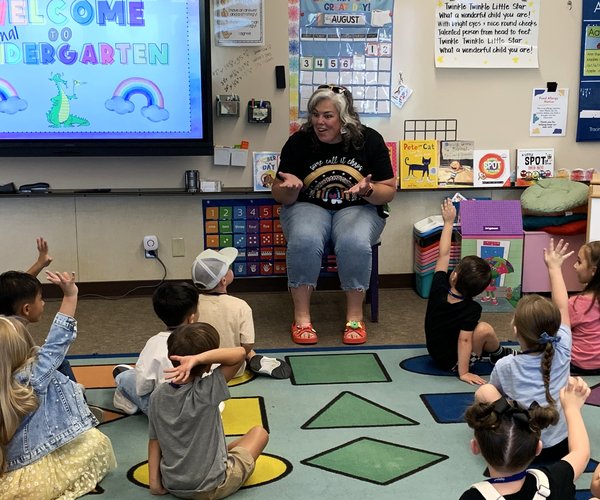By DR. DAMANPREET JAMARAI
UnitedHealthcare of California
As we age, it is not uncommon that taking prescription medications becomes a greater part of our health care regimen. While the average number of medications taken by people aged 65 and older varies, data from the Kaiser Family Foundation suggests that nearly 90 percent of older adults regularly may take at least one prescription drug, almost 80 percent may regularly take at least two; and 36 percent may regularly take at least five different prescription drugs.
While older adults may fill those prescriptions and follow instructions, the U.S. Department of Health and Human Services reports that as many as 55 percent of seniors do not take their medications as prescribed by their care providers. Medication management can be an important part of one’s overall health routine, particularly as we continue to age. Not taking medications as prescribed may have some short- and long-term consequences.
Not Getting Better – Skipping doses, taking less than prescribed amounts, not filling prescriptions and not taking medications on time may slow progress and healing.
Greater Severity – Skipping medications may lead to more serious health complications such as stroke, heart attack, and blindness.
Increase Medication Resistance – In the case of antibiotics, it is important to take them as prescribed to prevent getting reinfected (known as a “rebound infection”).
Taking your medications as prescribed need not be difficult. Here are some ideas:
Make a List – Include the medication name, what it is for, the dose, when to take it, how to take it, the prescribing care provider and when it was first prescribed and most recently refilled. Share this list with your primary care provider and caregiver. And remember to include over-the-counter medications, vitamins and other supplements, as well. Give the list to your care provider and caregiver.
Make Part of Daily Routine – Store your medications in a place where you routinely start and/or end your day such as beside the coffee pot or on your nightstand.
Write It Down – Purchase a standard wall calendar with space to write down the prescription medications you need to take and when for each day. After you have taken your medication, cross it off. Be sure to include all medications – ones in your pill organizer, any in their original bottles and even the ones in the refrigerator.
Use an App – Apps can help you keep track of what medications you need to take, sending an alarm to your phone or other smart device when it is time to take your medications. According to a 2019 study from the National Institute of Health, people who use apps are nearly twice as likely to take their medications as prescribed. The wall calendar/app combination may help ensure greater adherence.
Shop Around for a Pill Organizer – Gone are the days of one-size-fits-all pill holders. Depending on how many medications you take each day, the timetable for taking those pills (morning, noon, evening, bedtime) and the size of the pills you are taking may determine what size and how many you may need. If medicines must be stored in their original containers and/or refrigerated, you may want to list them on your wall calendar or app.
Some older adults may face other challenges beyond just remembering to take medications. Your doctor, pharmacist and caregiver can play a vital role in addressing these concerns:
Reach out to your care provider – Be honest about issues and concerns you may have about your medication regimen (drug interactions, side effects, drug costs, physical limitations, timetable) so you can address them together. Always let your care provider know what vitamins and supplements you are taking as these may interact with your prescriptions. Taking medications multiple times a day? Talk to your care provider about ways to help simplify your medication regimen.
Talk to your pharmacist – Ask about refill reminders, automatic refill programs and extended fill options. Having trouble opening pill bottles, reading labels or giving yourself injections? Having trouble affording your medications? Or transportation to the pharmacy? Your pharmacist may have solutions to any physical limitations and may be able to speak to your care provider about other concerns.
Let caregivers help – Let them know what medications you are on to help ensure you are taking the right drugs at the right time. Caregivers may also help if there are questions or concerns about your medications, including the cost of these drugs, and can help reach out to your care provider or pharmacist, as needed.
Medications work best when they are taken as prescribed. Understanding the importance of each drug you are taking; adhering to your daily regimen; and raising questions all contribute to staying on track with – and getting the most benefit from – your prescription medications.
Dr. Damanpreet Jamarai serves as the Medicare and Retirement Chief Medical Officer for UnitedHealthcare of California. This information is for educational purposes only and is not a substitute for the advice of a doctor. Consult your doctor prior to making changes to your lifestyle or health care routine.





